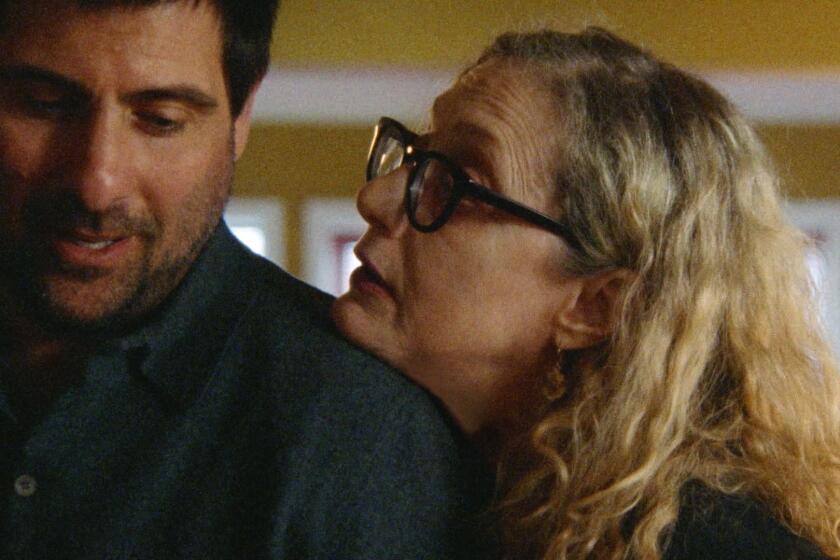The big reveal at the end of a movie is harder to keep a secret
The big reveal has been a staple of the Hollywood film at least since the 1960s, when Charlton Heston found out the apes lived on his own planet.
When the maneuver is handled well, it can provide more viewing pleasure than almost any other device. But it’s also trickier to pull off than the Double McTwist 1260. Offer too many clues along the way and it’s hardly a surprise; point the arrows too far in the other direction and the audience will feel cheated.
M. Night Shyamalan executed the reveal to perfection in “The Sixth Sense” -- in which the conclusion was both an utter surprise and impeccably logical -- before botching it with the left-field contrivances of “Unbreakable.” Alejandro Amenabar offered a similar, and similarly pleasurable, twist to “Sixth Sense” in “The Others.” And the list of brilliant twists goes on -- “The Usual Suspects,” “No Way Out” and “The Crying Game.”
Martin Scorsese tries a version of the trick in his just-released “Shutter Island” (warning: major spoiler alert ahead -- skip to the next paragraph if you’ve yet to see the film). In the Paramount release, Leonardo DiCaprio, a detective investigating a case at an insane asylum, is revealed (probably) to be a patient suffering delusions who’s simply engaging in a role-playing game initiated by his doctors. While that twist has the effect of making too many of the scenes that preceded it feel irrelevant, it certainly packs a wallop. And it’s likely to make you talk about the ending and revisit many of the earlier scenes, as all good whoppers aim to do.
The question is how much a reveal can help or hurt a film after word begins to spread. On the one hand, a twist ending can turn a movie into a conversation piece since it is, quite literally, the last thing we see before we leave the theater. And because it often makes us go back and reinterpret the entire film, it can keep the movie in our individual and public consciousness long after the credits end. In other words, it becomes water-cooler conversation. And in box-office terms, it gives a movie legs.
Paramount executives believe that will happen here. “There’s nothing that keeps box office going like people’s desire not to hear how a movie ends before they see it,” says Paramount Vice Chairman Rob Moore.
Fair enough -- if you can avoid finding out. But there’s undoubtedly a risk for a movie that relies on a surprise ending should that ending become known. And, increasingly, that’s a danger.
As recently as a few years ago you could get away with much of the moviegoing population not hearing about a surprise ending for weeks or even longer. These days, Twitter, fan sites and every other medium known to man are a minefield of information.
“Shutter Island” had a $44-million opening last weekend. Now that everyone’s talking about the ending, we’ll see if audiences continue to flock to it -- or feel like they already know too much.
More to Read
Only good movies
Get the Indie Focus newsletter, Mark Olsen's weekly guide to the world of cinema.
You may occasionally receive promotional content from the Los Angeles Times.









